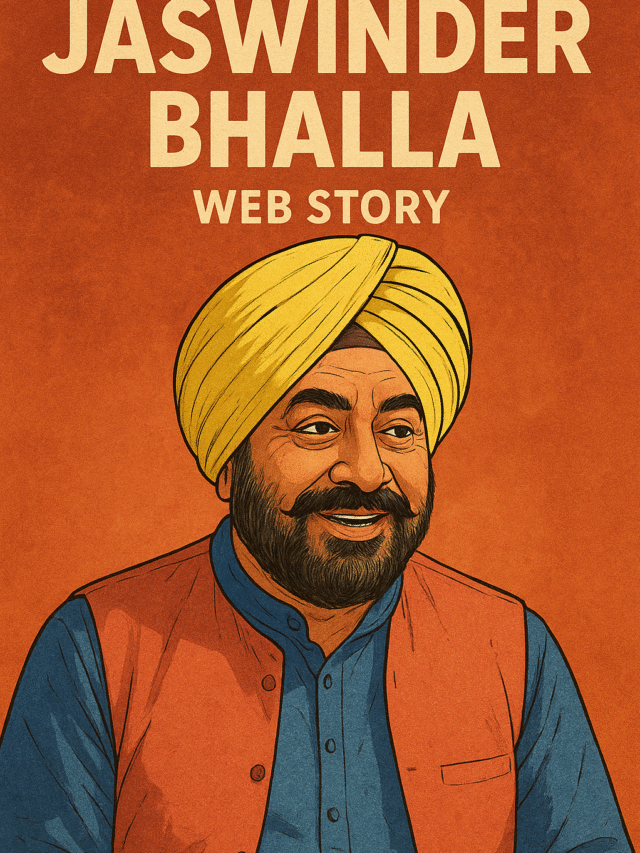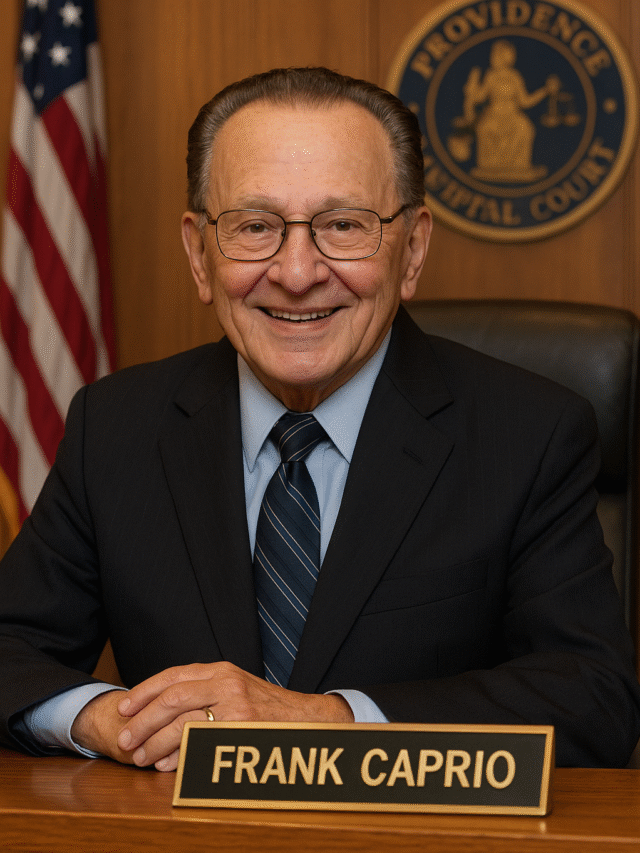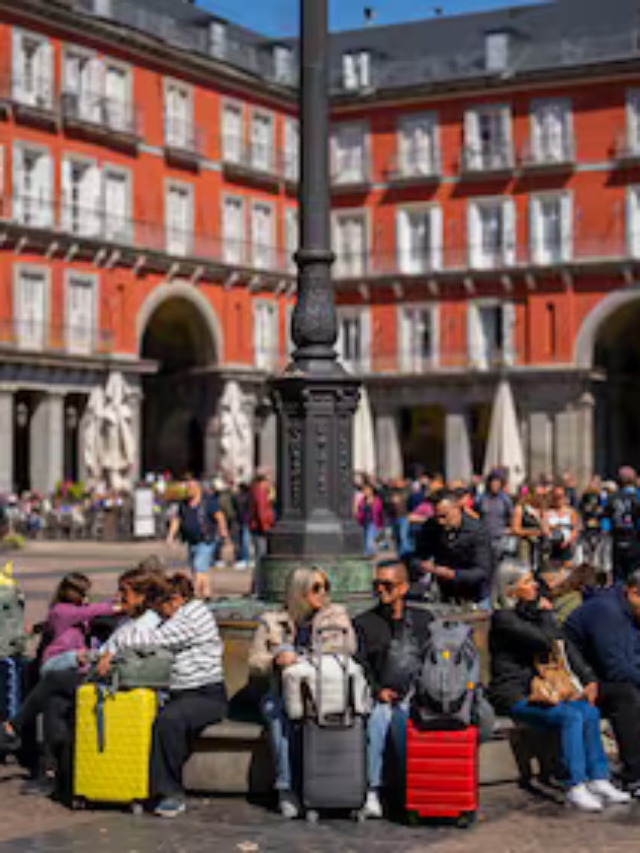
Miguel Uribe Turbay was a prominent Colombian politician and one of the most recognized conservative leaders of his generation. Born on January 28, 1986, in Bogotá, Colombia, he hailed from one of the nation’s most influential political families, where politics and public service were deeply rooted traditions.
Early Life and Education
Uribe Turbay was the grandson of Julio César Turbay Ayala, president of Colombia from 1978 to 1982, and the son of Diana Turbay,Miguel Uribe a distinguished journalist and lawyer. Her tragic death in 1991, during a failed rescue attempt after being kidnapped by the Medellín cartel, deeply marked his childhood and shaped his later commitment to security and justice policies.
He completed his law degree and a master’s in public policy from the University of the Andes in Bogotá. Seeking to broaden his policy and governance expertise, he also earned a master’s in public administration from Harvard University. These studies gave him deep theoretical and practical knowledge to tackle Colombia’s social, economic, and security issues Miguel Uribe.
Beginnings in Public Service
Miguel Uribe’s public career began with his election to the Bogotá City Council in 2012 as a member of the Colombian Liberal Party. His strong communication skills and pragmatic approach quickly made him a standout figure in city politics. In 2014, he became the youngest Council President in Bogotá’s history, focusing his tenure on urban development, education opportunities, and crime prevention.
In 2016, Mayor Enrique Peñalosa appointed him as Bogotá’s Secretary of Government, making him the youngest person to ever hold the position. During his term, the city saw modest reductions in homicide rates, greater inter-agency coordination in public safety operations, and reforms to improve citizen services, though significant challenges remained.
National Politics and Presidential Ambitions
After an unsuccessful mayoral run in 2018, Uribe Turbay shifted his political alignment, joining the right-wing Democratic Centre Party founded by former President Álvaro Uribe. In the 2022 elections, he secured a seat in the Colombian Senate. From there, he built his reputation as a defender of conservative values, economic liberalization, and strong security measures.
By 2025, amid political polarization and a left-wing presidency under Gustavo Petro, Miguel Uribe announced his candidacy for the 2026 presidential election. His campaign promises were centered on restoring public order, strengthening state institutions, combating organized crime,Miguel Uribe and fostering economic stability and growth. His rhetoric resonated with many Colombians who felt insecure amid rising urban crime and rural conflict.
Assassination Attempt and Death
On June 7, 2025, during a campaign event in Bogotá’s Modelia neighborhood, tragedy struck. Uribe Turbay was shot multiple times — including twice in the head — by a 14-year-old assailant allegedly hired by criminal intermediaries. The attack shocked the nation, evoking painful memories of the political violence that has claimed so many Colombian leaders in the past.
After emergency surgeries and extensive treatment at Fundación Santa Fe hospital, he remained in critical condition for weeks. His family, particularly his wife María Claudia Tarazona, became the emotional anchor for supporters, sharing updates and calling for unity.
Despite some signs of improvement, including partial recovery of motor functions, complications such as brain hemorrhages and infections worsened his condition. On August 11, 2025, Miguel Uribe Turbay passed away at the age of 39. The loss was felt across the political spectrum, with leaders from all parties recognizing his dedication and vision.
Legacy and Impact
Miguel Uribe Turbay leaves behind a legacy rooted in determination, resilience, and public service. His career, though cut short, reflected a blend of youthful energy and strategic political calculation. Many saw him as a bridge between Colombia’s older political traditions and a modern, results-oriented leadership style.
His assassination reignited debates about political security, the influence of armed groups, and the recruitment of minors into organized crime. Analysts noted that his death symbolized Colombia’s ongoing struggle to move beyond its violent past, even as democratic institutions have strengthened in other ways.
Supporters remember him not only as a politician, but also as a person who believed in dialogue, civic responsibility, and the transformative potential of public service. His absence has created a vacuum within the Conservative and Democratic Centre movements, leaving the question of Colombia’s political future even more open.
Conclusion
Miguel Uribe Turbay’s life story is marked by remarkable accomplishments, political courage, and a tragic end. From Bogotá’s city hall to the national news senate and a promising presidential campaign, he stood as a symbol of hope for those who sought a stable, secure, and prosperous Colombia. His death serves as a reminder of the cost of leadership in volatile environments — and the enduring need to protect democratic voices against the forces that seek to silence them.










